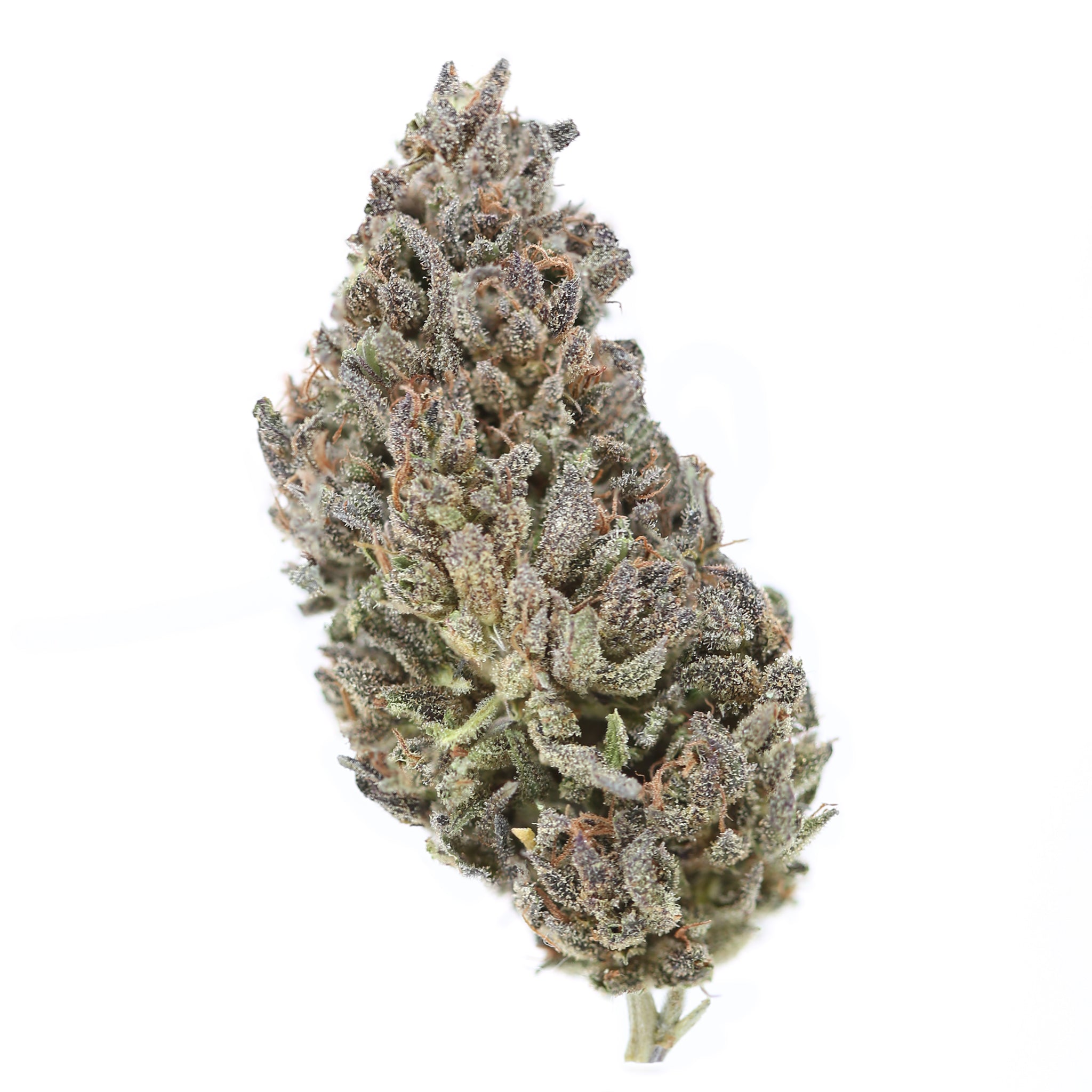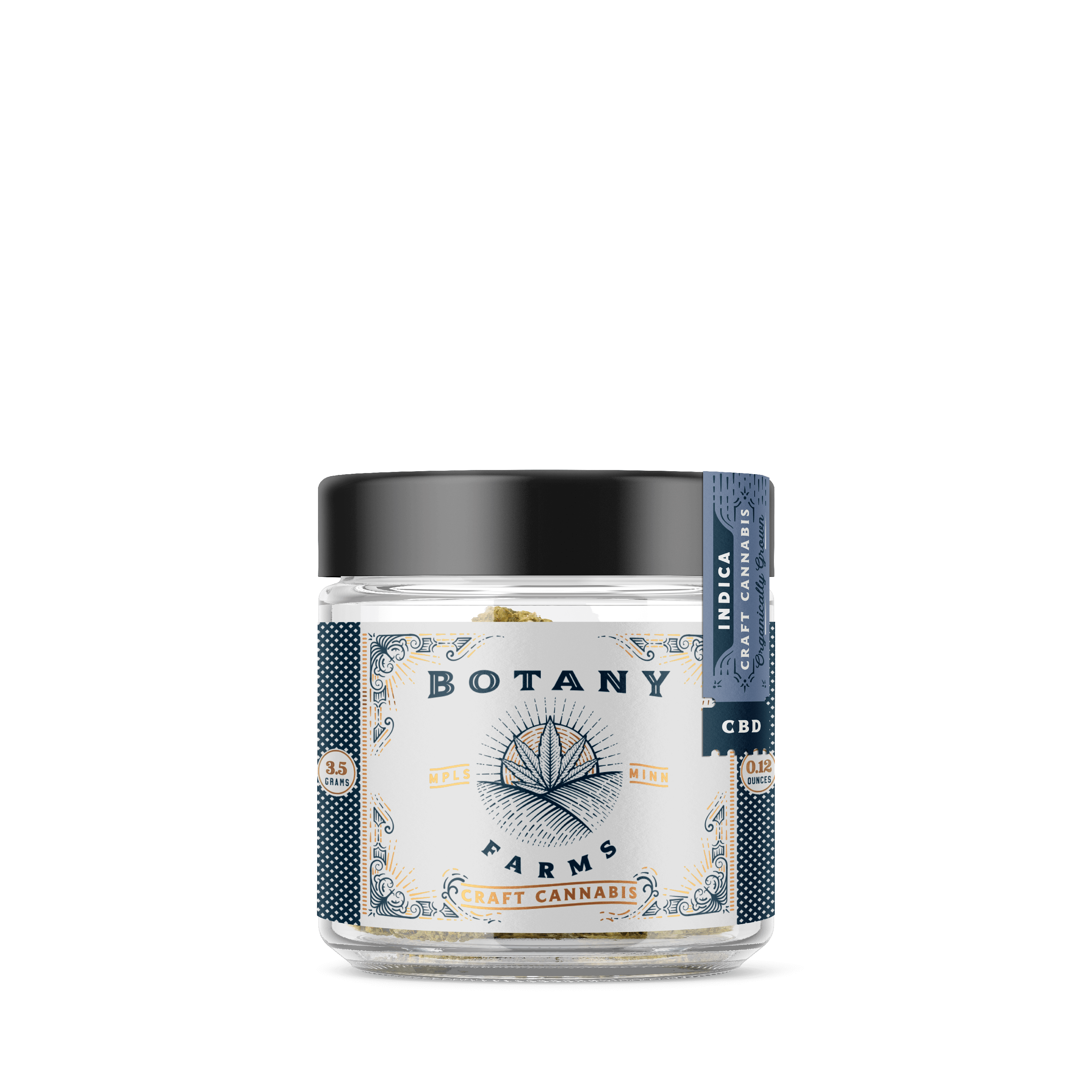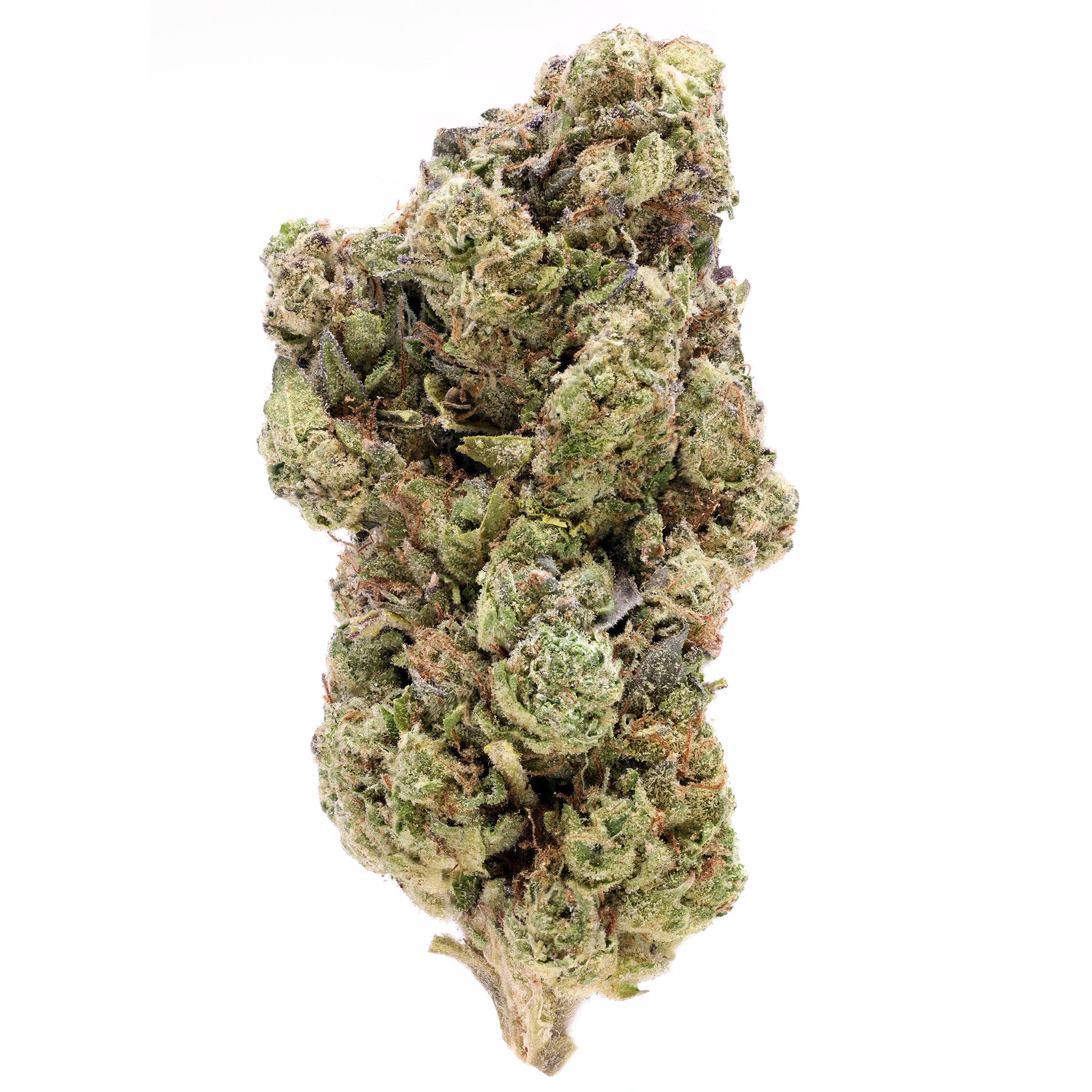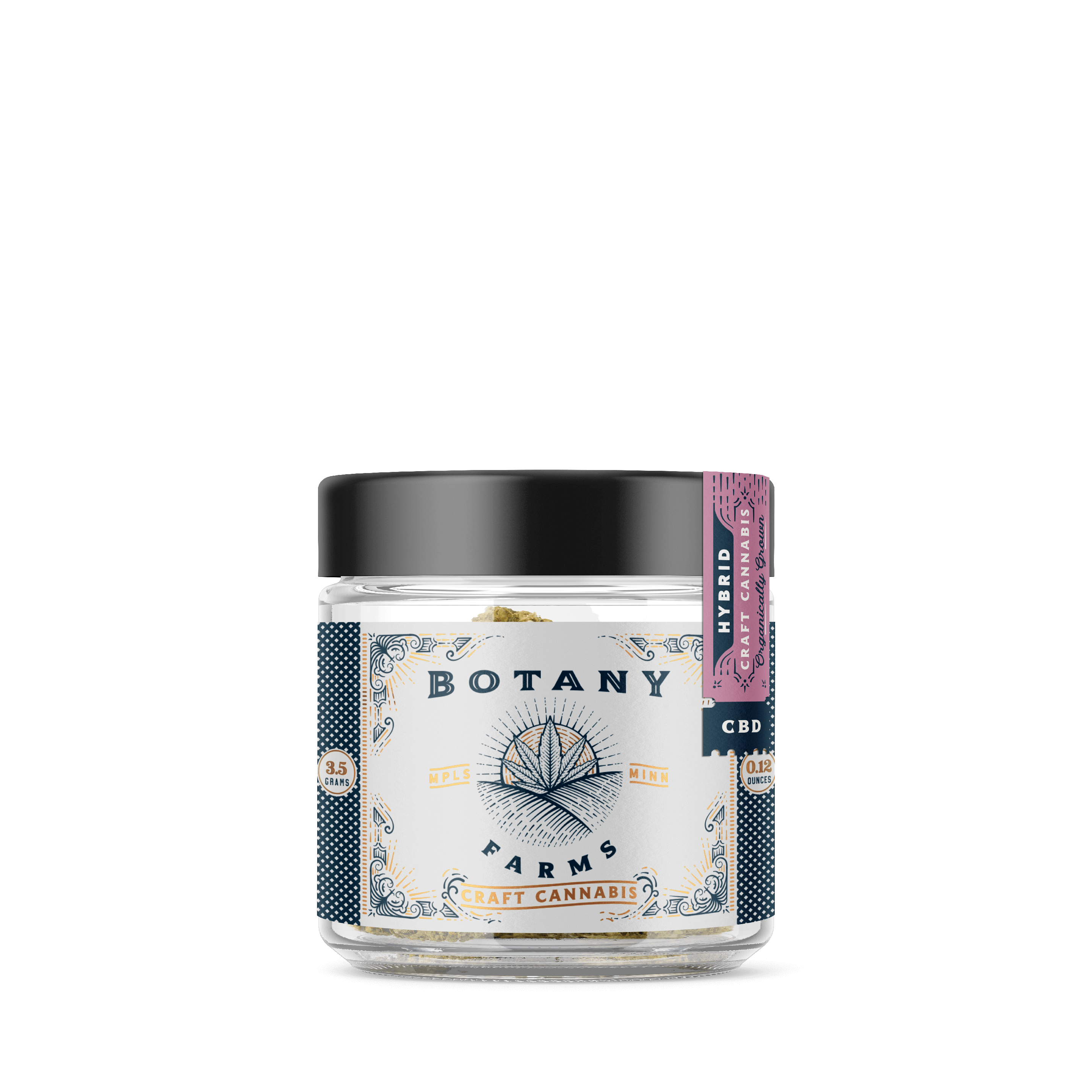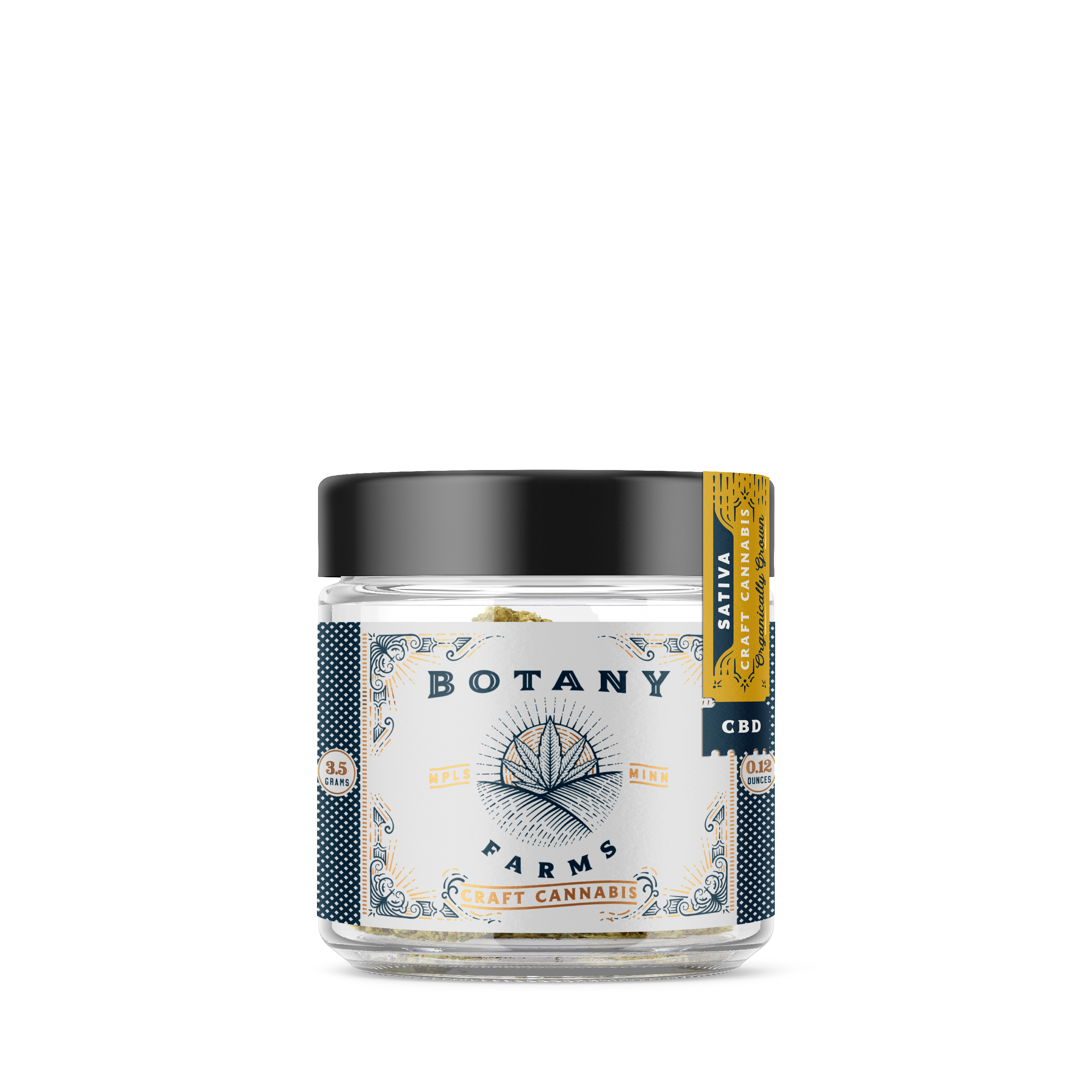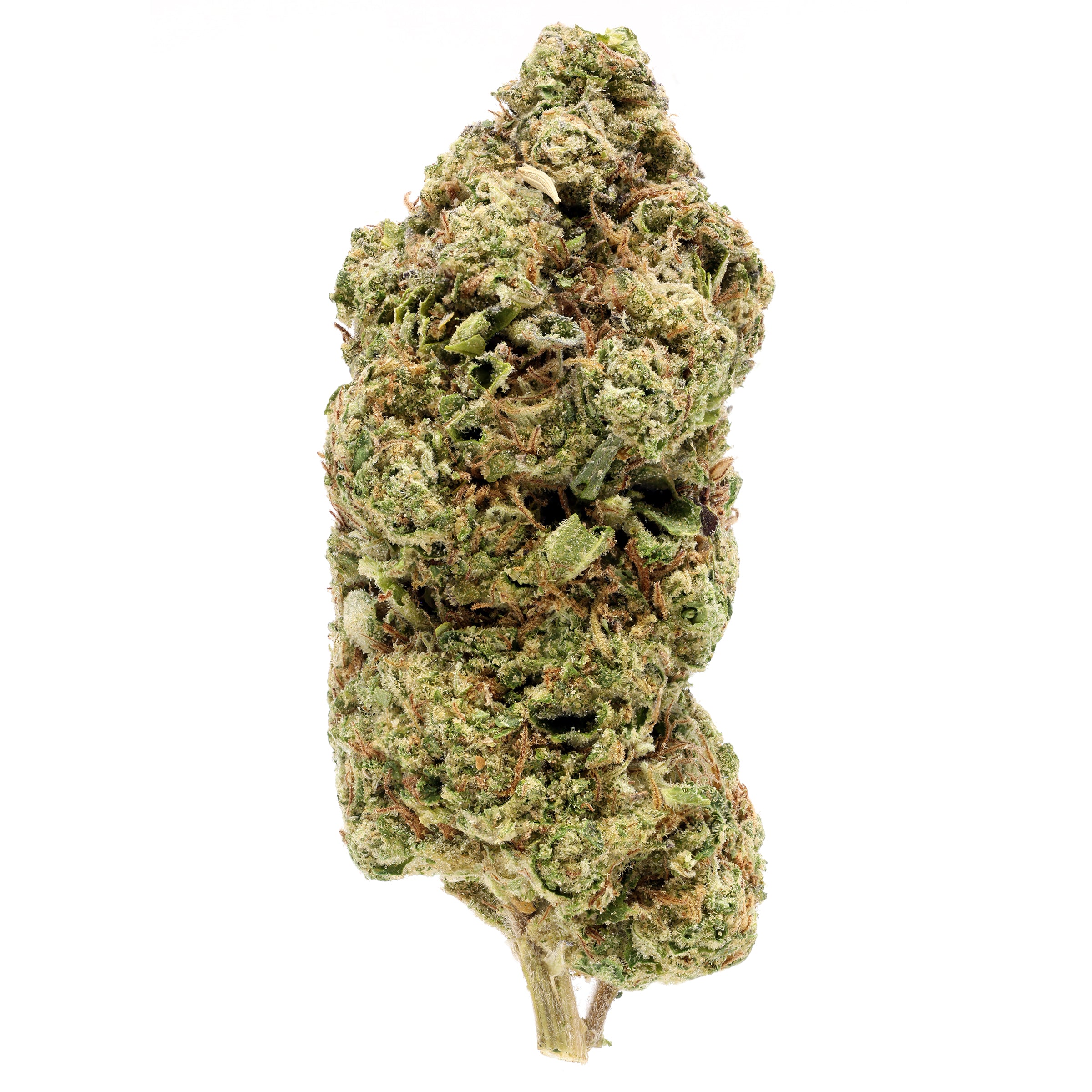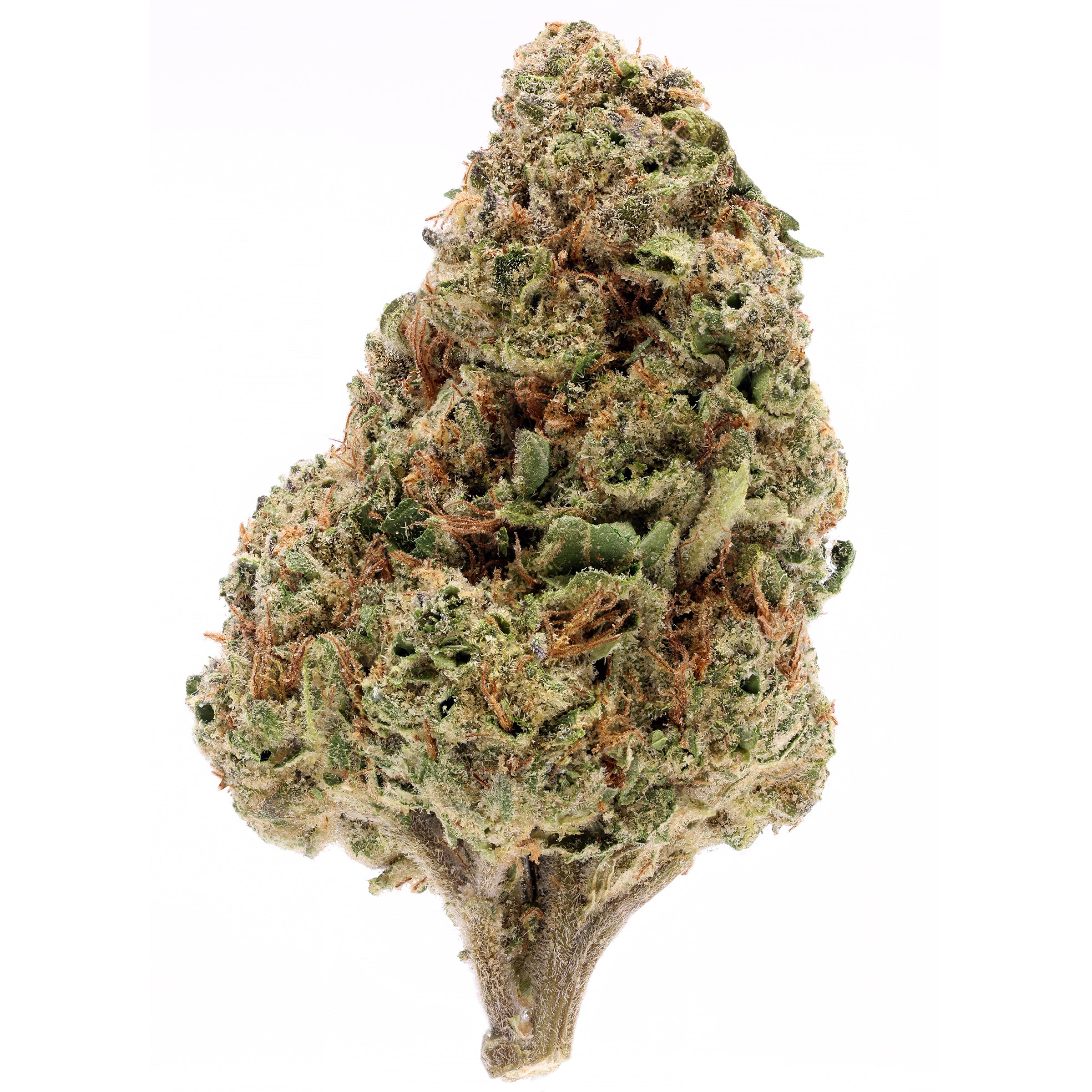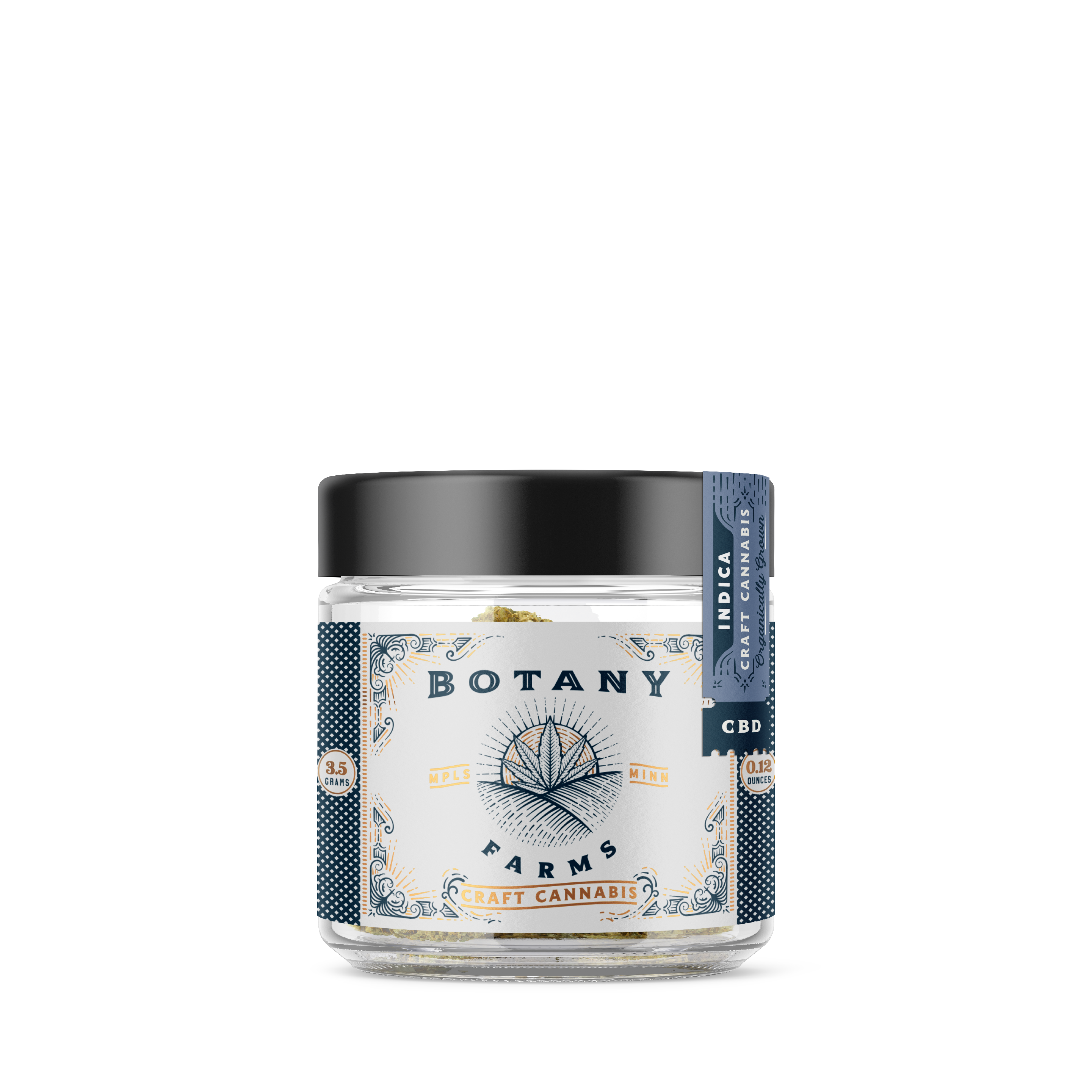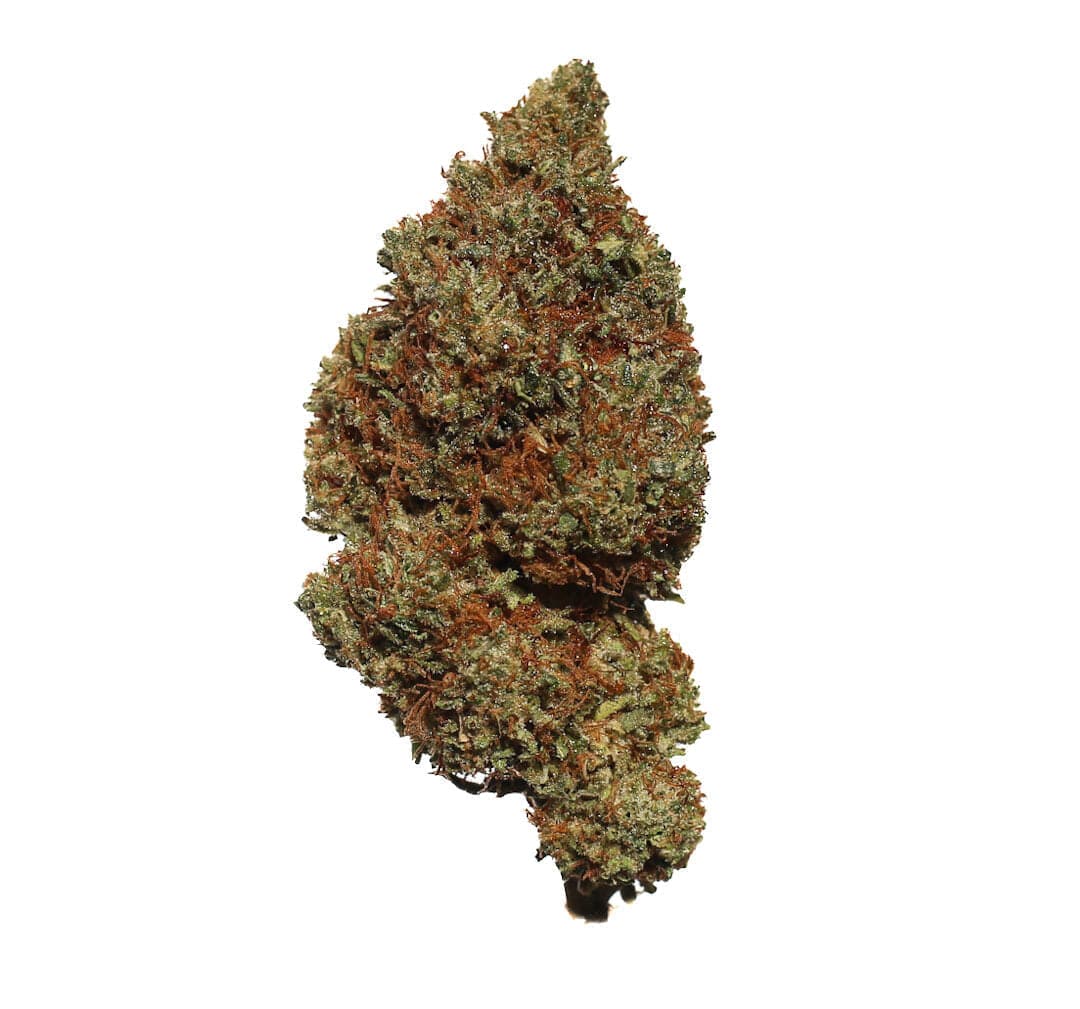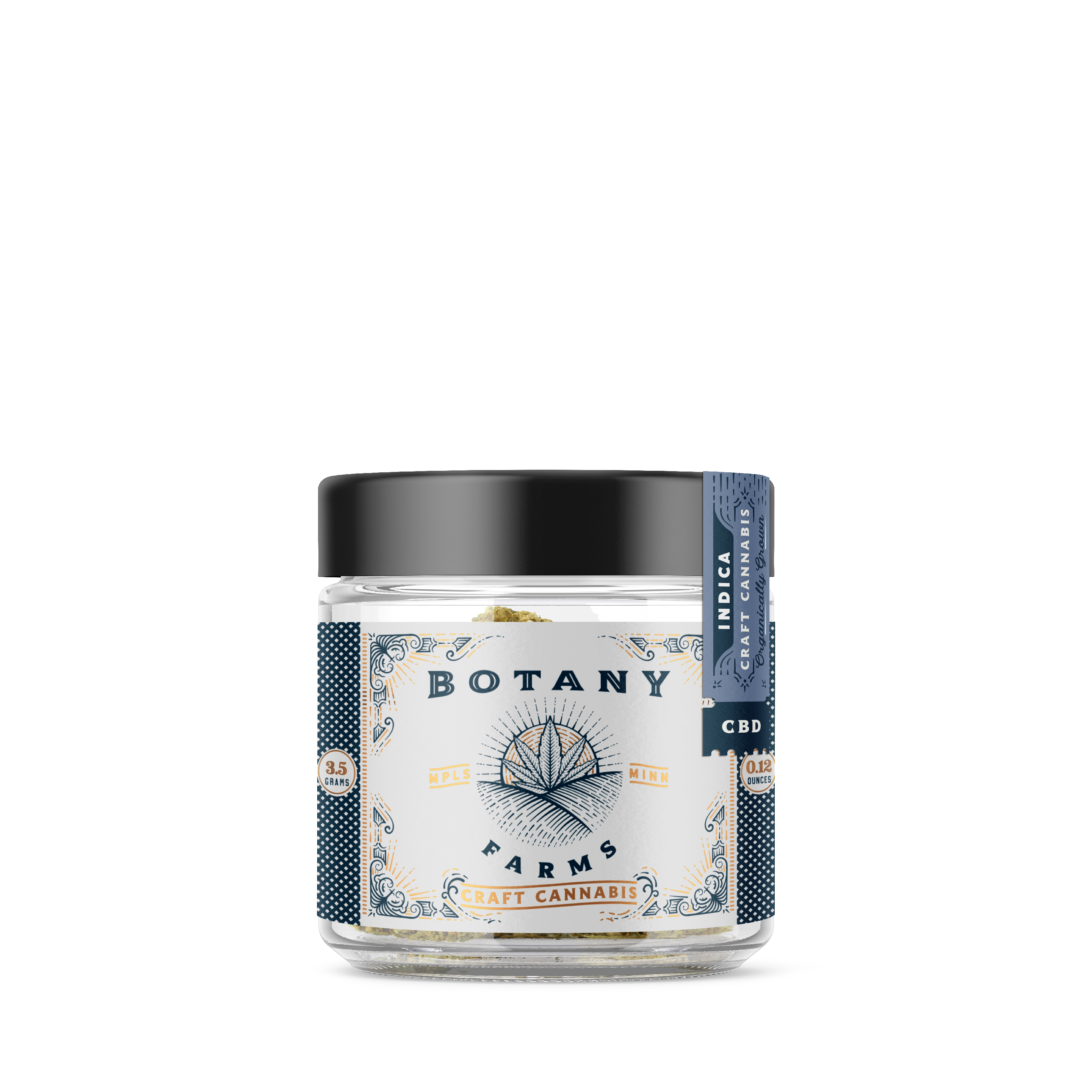Sabinene is a bicyclic monoterpene that occurs naturally in a variety of plants. If you have ever eaten carrots or tea tree seed oil or are one of those who like the characteristic spicy taste of black pepper, you have been in contact with Sabinene before.
This monoterpene also occurs in some cannabis strains and in higher concentrations in some exotic plants, such as holm oak, Norwegian fir, and nutmeg, among others. This miraculous natural compound has potential therapeutic benefits for humans, hence the growing attention it's been attracting from scholars.
If you are looking to learn a little more about Sabinene, you just hit the spot. In the following article, we will explain a little better why this not-so-common monoterpene has caught the eyes of many within the cannabis world.
Sabinene Terpene
Sabinene is a bicyclic monoterpene that has the appearance of a clear, colorless to pale yellow liquid. This terpene exudes a peppery, woody, citrus odor. It is present in various plants and essential oils such as carrot seed oil, tea tree oil, cassis bud oil, allspice, bay oil, and bergamot to Cananga fruit oil.
This terpene is soluble in both alcohol and water, and you can extract it by hydrodistillation and CO2 extraction. If you are a frequent user of essential oils, understanding the role that sabinene plays in their effectiveness can be very beneficial.
Essential oils fulfill numerous functions in nature. It mainly performs allelochemical functions in plants and between plants and predators. Still, sabinene demonstrates a series of effects that can have a therapeutic role in the human body.
What does Sabinene do?
In addition to being a natural compound present in a wide variety of essential oils and various cannabis plants and strains, this terpene can also flavor food and give a smell to different types of edible and cosmetic substances.
Sabinene can even help with certain skin conditions and digestive problems. Moreover, it can act as an anti-inflammatory and antifungal agent. As studies on the subject progress, scientists increasingly unfold the list of things that this terpene can do to our advantage.
Sabinene Effects
Sabinene is not only a terpene famous for its woody and peppery smell; it also possesses peculiar effects that could be beneficial to our bodies. This terpene is currently under scientific scrutiny for its calming effects on problematic skin conditions.
Furthermore, Sabinene can mitigate oxidation that influences skin aging. It may also help with digestive problems, and appears to have anti-inflammatory and antimicrobial properties that can positively impact wound management. Sabinene also exhibits antifungal and even antiproliferative effects.
Sabinene Uses
Despite its strange name, sabinene is actually a common terpene in our daily lives. If you are one of those people who loves spicy foods flavored with black pepper or foods with carrots, you are a regular user of Sabinene. Some baked dishes that contain nutmeg also contain sabinene. This is because Sabinene brings a peppery, citrusy, and woody smell to a wide variety of products in our daily lives.
The food and cosmetic industry has long used sabinene as a flavoring and fragrance in a wide variety of products. Statistics reveal that a regular American consumes around 14 micrograms of this terpene per day, as you will commonly find it in toiletries, cosmetics, and groceries.
This terpene is also quite prevalent in aromatherapy due to its pungent odor and because it is one of the main compounds in a wide variety of essential oils. Different branches of traditional medicine from other parts of the world have made use of the Sabinene for wound healing.
Western medicine also makes use of the properties that this wonderful terpene possesses. Given its strong radical-scavenging nature, the sabinene present in essential oils works as an antioxidant.
Sabinene Benefits
Studies show that some of the benefits that Sabinene provides to the human body can directly benefit our general well-being or help treat certain conditions. Among the medicinal benefits that Sabinene can offer us, we find that it can work as:
Antioxidant: This terpene has the natural quality of being a fantastic radical scavenger, making it an excellent antioxidant that can directly combat skin aging.
Anti-inflammatory: Studies done on the essential oil of Oenanthe crocata L. found significant concentrations of sabinene in it and marked it as responsible for the anti-inflammatory activity of this essential oil. It is also commonly used to treat skin inflammation and dermatophytosis.
Antibacterial/antifungal: Sabinene proves to be a great antibacterial agent effective in fighting gram-positive bacteria. It is responsible for the antibacterial and antiseptic behavior of tea tree oil.
Anticancer: Some studies show the effectiveness of Sabinene in fighting the proliferation of malignant tumors related to leukemia.
Sabinene Flavor
The best way to describe the flavor profile of this monoterpene is close to the odor profile that it emanates. The woody, spicy, and citrus notes are the most intense, followed by terpene, green, oily, and buckwheat nuances.
Many people also describe the taste of this terpene as tropical, oily, piney, herbaceous, and black pepper-like. The flavoring industry commonly blends it with citrus, berry, mango, raspberry, or tropical scents on an industrial level, as well as with the essence of vanilla, nutmeg, pepper, and marjoram.
Sabinene Strains
Sabinene is responsible for the spicy, citrusy, and piney odors that make up the scent profile of some cannabis strains. We can find Sabinene in higher concentrations in haze strains of cannabis, elevating woody, citrus, and mint-like scents. Some cannabis strains high in Sabinene are:
- Harle-Tsu aka Harlequin Tsunami
- Super Silver Haze
- Super Lemon Haze
- Meatbreath
- Grand Master Kush
- Mimosa
- Red Haze
- Chocolate Thai
- Mendo Purps
- Wabanaki








